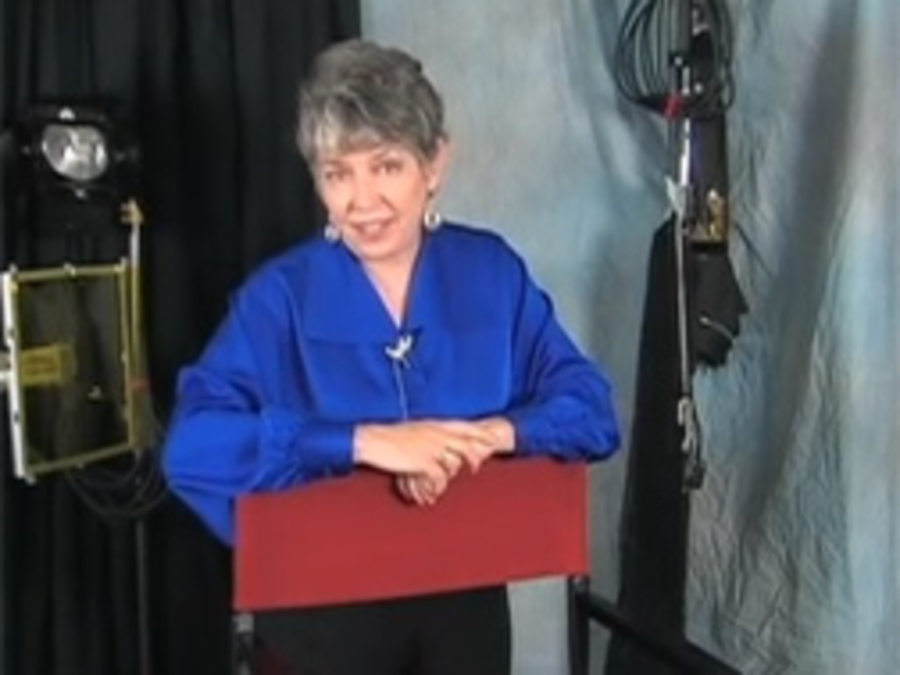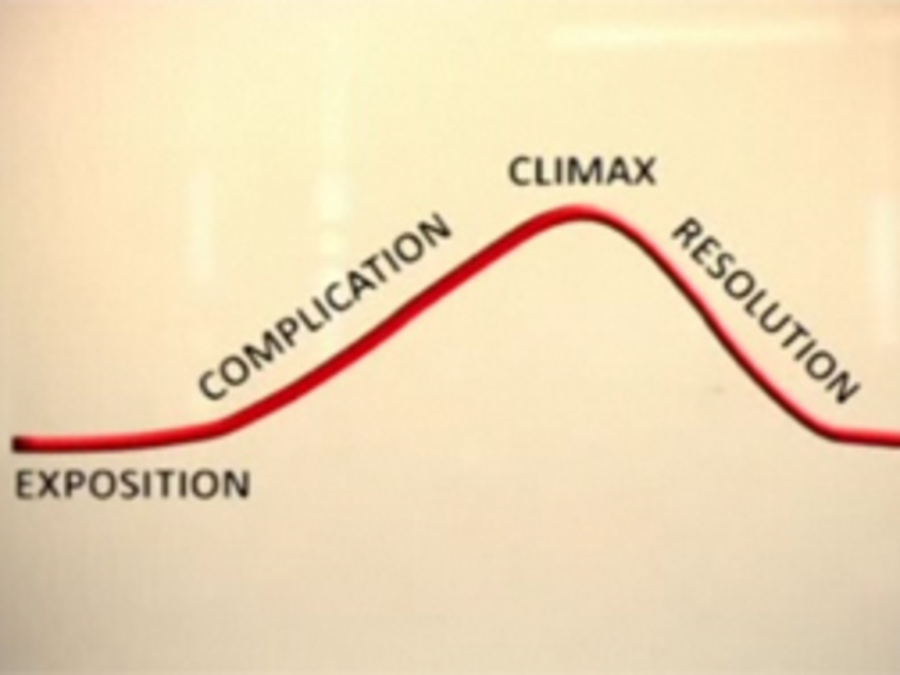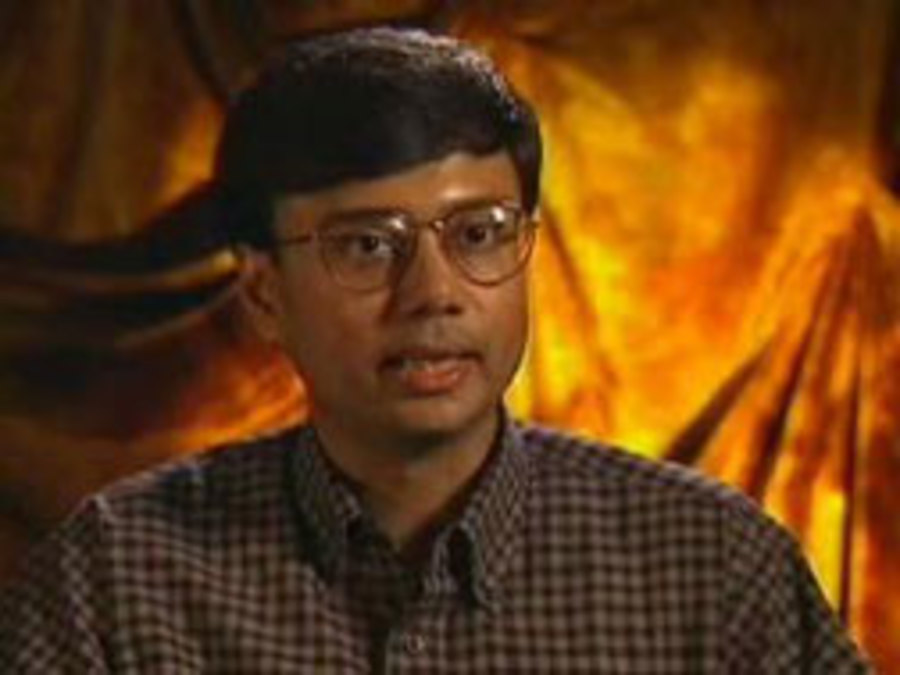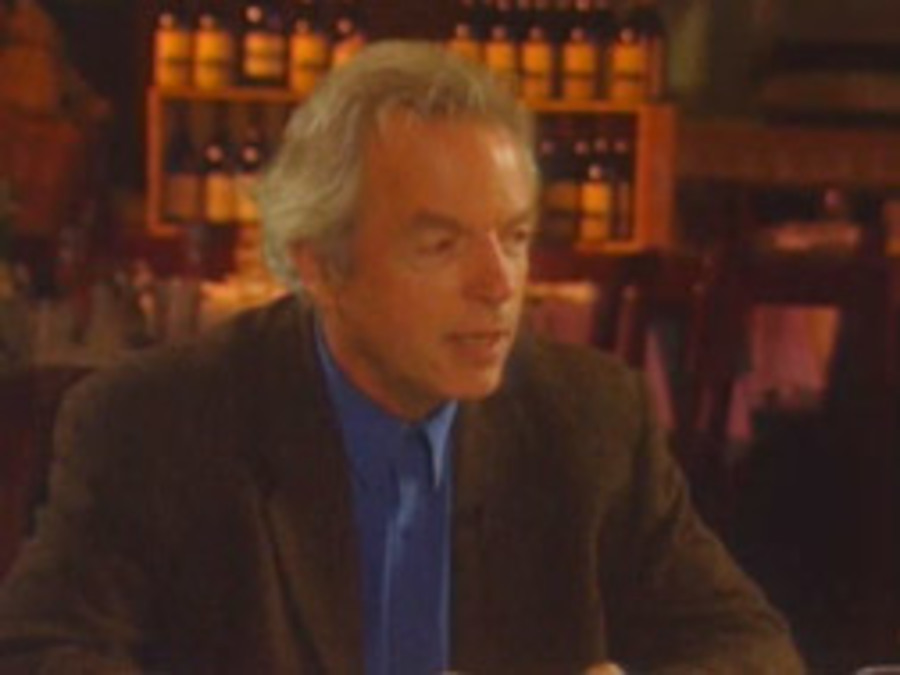 Try these videos to get started. Must be on campus or login with your COM account for off campus access.
Try these videos to get started. Must be on campus or login with your COM account for off campus access.
Want more on finding media? Try Articles & Media.
-
Advanced Screenwriting Series, with Dr. Linda Seger Series
This three-part video series features script consultant and screenwriting coach Dr. Linda Seger who offers advice to help screenwriters elevate their craft. She outlines how to add depth to the three-act structure, how best to express the central theme, and how to develop interesting characters. 3-part series, 21–29 minutes each.
-
Elements of Narratives (19:00)
This dynamic program takes an in-depth look at the structure and components of narrative writing. Viewers learn that narratives must include characterization, plot structure, tone, mood and setting, stylistic techniques, diction, and themes, and that these elements are brought to life through the careful choices of the author. The video also defines key concepts: character perspective, protagonist and antagonist, character development, rising action, dramatic tension, irony, foreshadowing, and more. With clear and concise explanations and examples that viewers will readily relate to, this is an essential introduction to the fundamentals of narrative writing. A viewable/printable worksheet is available online.
-
Series: Playwrights' Workshop: Writing for the Stage
From ancient epics to contemporary productions that obliterate the boundaries of convention, dramatists continue to spotlight the highs and lows of human existence. In this engaging four-part series, Nick Enright (Lorenzo's Oil) and other playwrights, directors, and actors talk about the creative process involved in writing for the stage. 4-part series, 27 minutes each.
-
Series: The Path to Publication: Advice from Authors, Editors, and Agents
This seven-volume series takes viewers inside the prestigious Squaw Valley Community of Writers workshops, where the faculty comprises significant authors such as Amy Tan, Anne Lamott, Richard Ford, Janet Fitch, and Mark Childress as well as agents, editors, and publishers from New York and Los Angeles. Each volume contains two complete program segments and focuses on a different aspect of writing. An essential resource both for novices looking to improve their technique and for experienced writers who are polishing their manuscripts and looking for agents. Each DVD also provides background on the speakers, information about the Community of Writers, and previews of the other volumes in The Path to Publication. 7-part series, 82-127 minutes each.
-
Series: Writers' Workshop: Fiction and Nonfiction
How does a professional writer fill hundreds of pages with compelling characters and intricate plots? This stimulating six-part series investigates the writing process through interviews with significant authors of fiction and nonfiction, including A. Scott Berg (Lindbergh), Vikram Seth (A Suitable Boy), Fay Weldon (Godless in Eden), and Thomas Keneally (Schindler's List). 6-part series, 27 minutes each.
-
Series: Writing Lessons
To learn about the writing life, ask a writer. Commentary by dozens of authors and allied professionals makes this scrapbook-style six-part series a fascinating and informative learning experience for students of creative writing and literature. A mix of interviews, panel discussions, mini-documentaries, profiles, and fun facts, these programs offer valuable insights into issues as varied as dealing with rejection letters and bad reviews, the importance of research when writing a novel, the impact of blogging on writing, rising niche genres such as graphic novels, and censorship, a threat aimed at the very jugular of self-expression. 6-part series, 26-30 minutes each.
-
TEDTalks: James Geary—Metaphorically Speaking (09:00)
Lost jobs, wayward lovers, wars and famine—for just about any of life’s curveballs there’s a metaphor, and James Geary has got it. In this TEDTalk, the wordsmith waxes on about this fascinating fixture of human language, bringing scribes from Aristotle to Elvis into the discussion. But this isn’t just about grammar. “Metaphorical thinking is essential to how we understand ourselves and others, how we communicate, learn, discover, and invent,” Geary says. “Metaphor is a way of thought before it is a way with words.”
![]() Try these videos to get started. Must be on campus or login with your COM account for off campus access.
Try these videos to get started. Must be on campus or login with your COM account for off campus access.





